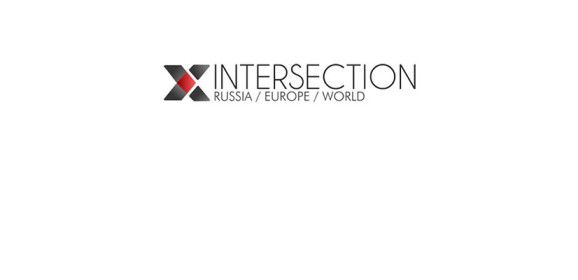Section: Intersection (EU)
The Smartest Strategy is to Say Farewell to Donbas
Russia / Europe It is useful to look at the conflict in the Donbas from the point of view of Russian interests: While this approach is unpopular in Ukraine, full insight into the interests of the parties involved is the key to building any relationship. On the one hand, Russia’s strategic logic is quite obvious: conflicts in the post-Soviet...
An Election With No Alternatives
Politics In addition to the list of purchased items and other messages, supermarket receipts bear a reminder: ‘18 March: Elections of the President of the Russian Federation’. Schools devote their classes to the elections and run ‘research projects’ where children are forced to conduct surveys on their parents, asking whether they are...
Germany’s Critics of Russia Sanctions: What Motivates Them?
Russia / Europe At the end of January, the prime ministers of five regions in what was formerly East Germany demanded a softening or lifting of the European Union’s sanctions against Russia. “Restrictive policies are not working. We need new approaches,” said Reiner Haseloff, prime minister of Saxony-Anhalt (CDU). The head of...
Understanding Russia’s Appetite for Uranium
Economy Russia is the third-largest consumer of uranium in the world, and the country aims to be a key driver of growth in uranium markets over the next few years. The evidence of Russia’s intent can be seen domestically through its own nuclear power expansion efforts. In Central Asia, Russia draws on close ties from the Soviet period to...
Armenia is Rethinking Relations with Russia
Russia / Europe Over the past few years, Armenia has faced a string of internal and foreign policy challenges. The wide-reaching referendum vote back in 2015 in favor of constitutional change means that Armenia’s time as a semi-presidential republic is over. According to its new constitution, the country is now a parliamentary republic. The...
How Does Hungary Choose its Friends?
Russia / Europe A parliamentary election will be held in Hungary in spring 2018. The results will recast its parliament and government for the next four years. Nine parties are represented in the National Assembly of Hungary at the moment, seven of which are members of the two major coalitions. Approximately 67% of parliamentary seats are held by...
Russia’s Defense Capabilities in 2018
Security Sky high defense spending, as if in preparation for a major war, is depleting Russia. In 2018, Moscow will face the question of how long this can endure. Although the authoritarian regime has not been prepared (so far) to up the ante even further, it cannot significantly cut this type of expenditure either, mostly for domestic political...
Russian-Indian Defence Co-operation Reaches A Deadlock
Russia / World In the 2000s, Russia began to perceive India as a strategic partner for joint technical military projects. The reason behind Russia’s thinking is clear: India had become the main buyer of Russian arms. The first experience of a project in this area was the joint development of a supersonic cruise missile called BrahMos. Then...
Unexpected Freedom for two Crimean Tatar Dissidents
Russia / Europe In late October, President Vladimir Putin pardoned and released Ilmi Umerov and Akhtem Chiygoz, two Crimean Tatar dissidents. Both were members of the Mejlis, a legislative body for the Crimean Tatar people that has been dissolved since Russia’s capture of Crimea. Both were persecuted for their views: They openly stated that...
Крымские заложники Кремля
Russia / Europe В конце октября Владимир Путин помиловал и освободил Ильми Умерова и Ахтема Чийгоза – двух крымскотатарских диссидентов и членов Меджлиса крымскотатарского народа. Оба преследовались за свою позицию: они открыто заявляли, что произошел акт агрессии и аннексии Крыма Российской Федерацией и призывали к возвращению украинского...



